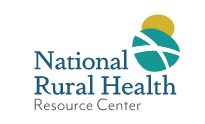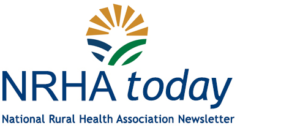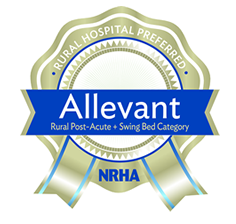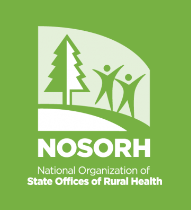July 31, 2023

USDA Helps Expand Access to Rural Health Care in Missouri
U.S. Department of Agriculture (USDA) Rural Development State Director in Missouri Kyle Wilkens announced that USDA is expanding access to health care for more than 102,000 people living in rural Missouri through the Emergency Rural Health Care Grant Program.
“Investments in rural health care are absolutely invaluable,” Wilkens said. “Access to affordable, state-of-the-art health care can be challenging to provide in rural areas of our state, and investments made through USDA’s Emergency Rural Health Care Grant Program help to bridge that gap.”
Big Springs Medical Association Inc., with support from the Rural Maternity and Obstetric Management – Southeast Missouri Partnership consortium, will use an $8.4 million grant to construct a three-story facility to house:
- Obstetrics
- Maternal fetal medicine
- Pediatric specialists
- Dentistry
- Behavioral health
- Substance abuse disorder
- Community health and more.
This centralized hub will allow these departments to better connect with satellite clinics across the state and provide a central location for in-house support services to provide high-quality patient care.
This investment will help address regional rural health care challenges by better assisting some of the most remote areas of the state. These solutions will build a stronger, more sustainable rural health care system for the state’s small towns and communities.
Background: Emergency Rural Health Care Grants
Congress passed the American Rescue Plan Act in March 2021 to deliver immediate economic relief to people impacted by the pandemic. Within months after the Act’s passage, USDA responded quickly by making this funding available to ensure the long-term availability of rural health care services.
In August 2021, USDA made the Emergency Rural Health Care Grants available through the American Rescue Plan Act to help rural health care facilities, tribes and communities expand access to health care services and nutrition assistance.
The assistance is helping provide immediate relief to support rural hospitals, health care clinics and local communities. USDA is administering the funds through Rural Development’s Community Facilities Program, which helps residents in rural areas build or improve essential community infrastructure and purchase or replace equipment needed for essential community services.
More than 100 types of projects are eligible for Community Facilities funding.
Eligible applicants include:
- Municipalities,
- Public bodies
- Nonprofit organizations and federally recognized Native American tribes.
Projects must be in rural areas with a population of 20,000 or less.
To learn more about Community Facilities Program funding opportunities, contact your local USDA Rural Development office. Also see the Community Facilities Direct Loan Program Guidance Book for Applicants (PDF, 669 KB) for a detailed overview of the application process.
Rural Development provides loans and grants to help expand economic opportunities, create jobs and improve the quality of life for millions of Americans in rural areas. This assistance supports infrastructure improvements; business development; housing; community facilities such as schools, public safety and health care; and high-speed internet access in rural, tribal and high-poverty areas.
Contact USDA Rural Development
Information on programs available through USDA Rural Development is available by visiting www.rd.usda.gov/mo, by calling (573) 876-0976, or by emailing RDMissouri@usda.gov. Stay current by following @RD_Missouri on Twitter.
USDA Rural Development has 25 offices across the state to serve the 2.2 million residents living in rural Missouri. Office locations include a state office in Columbia, along with local offices in Butler, Charleston, Chillicothe, Clinton, Dexter, Eldon, Farmington, Higginsville, Houston, Kennett, Kirksville, Maryville, Mexico, Moberly, Neosho, New London, Poplar Bluff, Richmond, Rolla, Sedalia, Springfield, St. Joseph, Troy, and West Plains.
Emergency Rural Health Care Grants
Community Facilities Programs












